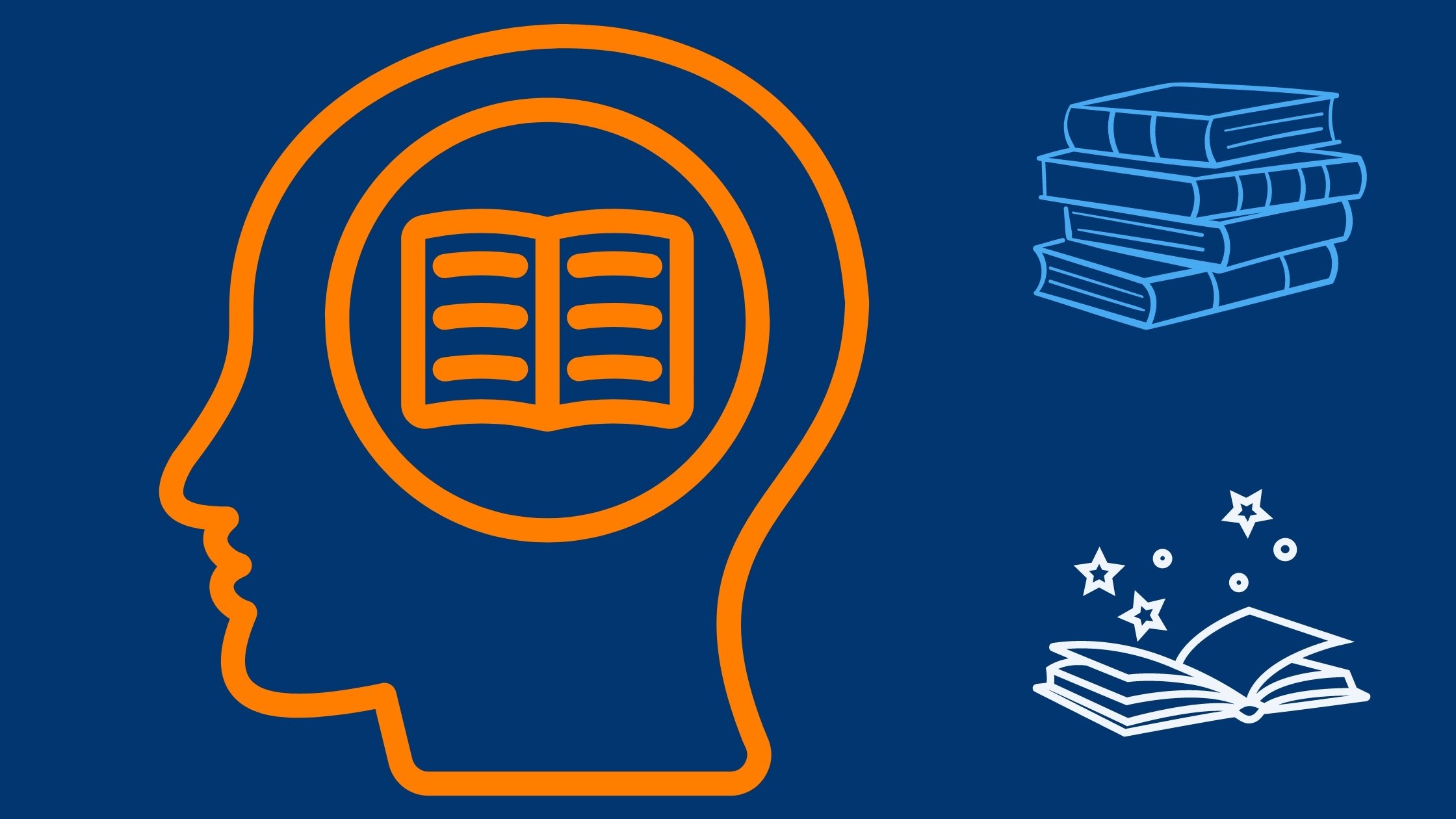Choices. There appear to be many kinds of choices - Good choices. Bad choices. No choices. But are there really different kinds?
While watching season 11 of Alone this week, one of the participants said in the intro, “I hope I made the right choice by coming out here.” And it got me thinking - are there actually different types of choices? I posit that there aren’t.
If we (choose to) live in the present moment, then the only option is simply just a choice. It isn’t good nor bad. Good or bad can only be reflected upon by looking back into the past, something we have no control over changing. Or even projecting into the future as to what might come of said choice, but again, something out of our control. And then there is the “well, I had no choice but to…” sentiment that kind of drives me crazy because we ALWAYS have a choice. It may not be the choice we desire, but we always have a choice.
The Freedom of Neutral Choices
I think that in believing that there is always a choice and that choice is always neutral is freeing. It frees us from the worrying thoughts about the future and the rumination about the past. We had a choice; we made it, and now we face the consequences of that choice in the present moment. And I’ll add another twist to it: be grateful to have had the mental ability to make the choice.
Book Reflections on Choice
So, how does any of this relate to business? While it is mostly a personal insight that I have uncovered for myself, many of the books I am reading or have read talk about choice:
In The 7 Habits of Highly Effective People, Covey discusses the power of choice, emphasizing that we have the freedom to choose our responses to external stimuli. We can choose not to react to every little thing. A genuinely challenging concept in this digital age of constant bombardment of polarizing content. But knowing you have a choice in how you respond to something allows you to move through the world more effectively.
In Blue Ocean Strategy, Mauborgne and Kim explore the idea of making strategic choices to break away from the competitive, crowded market (the red ocean) and create a new, uncontested market space (the blue ocean). Their concepts are fascinating, and I will write more about them when I finish the book.
In one of my favorite books, Change Your Thinking, Change Your Life, Tracy focuses on how we can choose to change our thoughts and, in doing so, transform our lives. Yep, that’s right - we have a choice in our thoughts. I know that may sound incredibly hard to believe; trust me, I didn’t believe it years ago when I first started learning about Stoicism and Buddhism, but we do. And once I embraced that mindset, it was freeing. Thoughts are like clouds passing by in the sky or water flowing through a river - we can watch them peacefully as they pass, but we don’t have to stop and grab hold of them and let them fester.
In one of the most powerful books I have read, Extreme Ownership, Willink emphasizes the importance of taking full responsibility for our choices and actions, especially in leadership and life situations. Own everything. Once I started framing everything as Extreme Ownership, things in my life changed drastically. It takes away all the external blaming and allows me to look at the situation from the perspective of the things I control - because why waste time focusing on anything else?
In a book I have been slowly reading for years while waiting at doctor’s appointments, The Art of Happiness, the Dalai Lama and Cutler talk about the idea that happiness is a choice and how we can cultivate it through our decisions and actions. What a powerful thought. We can simply choose to be happy. Once I realized that and realized that all emotions are ultimately rooted in choice, why would I choose to be angry, resentful, hateful, or anything other than positive? At the end of the day, my emotions only truly impact me.
In Essentialism, McKeown focuses on the disciplined pursuit of less, urging us to make deliberate choices about what is truly essential and to eliminate the non-essential. Choosing to focus on the essentials in business has been so empowering. It has allowed me to look at everything that comes “across my desk” and view it through the lens of “Is this essential in moving our business forward towards our goals?” If the answer is no, moving on is an easy decision.
The Endless Cycle of Choices
We all have choices. And each choice comes with its consequences, which then create more choices and more decisions to be made. Form your decision-making system well enough, and you won’t experience regret.
Ponder This
- What would happen if you stopped labeling your choices as "good" or "bad"?
- What impact would owning every decision, without blaming external factors, have on your personal or professional life?
- How can you apply the concept of focusing only on the essential in your everyday decision-making?
Books
- The 7 Habits of Highly Effective People - Stephen Covey
- Blue Ocean Strategy - Renée Mauborgne and W. Chan Kim
- Change Your Thinking, Change Your Life - Brian Tracy
- Extreme Ownership - Jocko Willink
- The Art of Happiness - Dalai Lama and Howard Cutler
- Essentialism - Greg McKeown


Comments